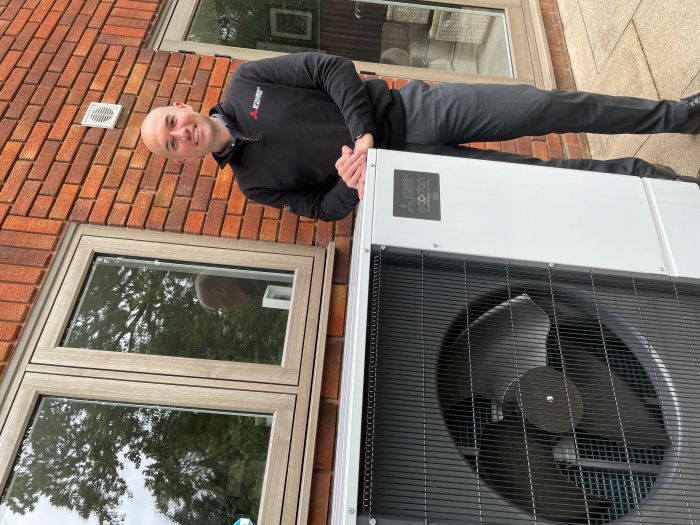
The Office of Fair Trading has written to over 50 of the leading installers of double glazing, insulation and solar panels, asking them to ensure they are providing consistently good standards to consumers.
The initiative is part of an OFT drive to raise compliance standards across the energy efficiency sector. An OFT review of the sector found instances of poor practice towards consumers such as the use of high pressure sales techniques, unclear information about paperwork and cancellation rights, and poor quality installations.
Energy efficiency measures can provide major benefits to households through lower energy bills and warmer homes. The wider sector, with sales worth around £18 billion in 2010-11, is expected to be an area of substantial economic growth in the future.
However the OFT’s review found that the behaviour of some businesses in the energy efficiency sector – including instances of poor practice, some of which might breach consumer law – risk undermining consumer confidence and limiting expansion of the market.
Concerns include instances where consumers have been given potentially misleading or inaccurate information about the energy they could save or their eligibility for a grant or subsidy. Energy efficiency products are often sold in the home and the review has also highlighted the use of high pressure selling techniques by some, such as salespeople staying in consumers’ homes for several hours, or indicating that a product is only available at a discount if bought immediately.
To address the concerns arising from the review, the OFT is working with fellow enforcers, regulators, government, industry and consumer groups to promote a consistent level of good business practice.
The OFT has advised businesses of their obligations under consumer protection law, and has highlighted that they are responsible for the actions of their representatives, whether employed directly or indirectly – for example as third party lead generators or canvassers.
The OFT has also opened an investigation in the sector which focuses on business practices that raise particularly significant concerns. Local Authority Trading Standards Services (TSS) have also been actively engaged in this sector, working closely with the OFT.
Nisha Arora, Director in the OFT's Services, Infrastructure and Public Markets Group, said: "Energy efficiency products offer real benefits to consumers and the sector has significant potential for business growth. However, it is important that people can be confident the companies they deal with are complying with the law, and that they are able to make informed purchases, without pressure sales techniques.
"Many businesses in this sector comply with the law and engage in good business practices but we urge others to raise their standards. Businesses that fail to address the issues that we have identified risk enforcement action."
The OFT also has produced guidance for consumers buying energy efficiency products:
· Take your time in making a decision: If you are promised a 'special discount' or 'time limited' offer don't be tempted to sign up straightaway. Shop around with different businesses to make sure you get a good deal. Remember: you can ask a salesperson to leave your home at any time
· Double check the facts – Check the product is suitable for your home, whether you are eligible for any grants towards the cost of installation, and the basis of any claims about potential energy savings or benefits. Only agree to go ahead if you’re entirely satisfied.
· Know what you are signing – Check whether you are signing a contract or just agreeing to a survey or a quote. Give yourself enough time to read all the paperwork, and ask questions if you are unclear about anything. Don’t sign if you are unsure about doing so.
· Know your cancellation rights – Where you buy on your doorstep or in your home and you spend more than £35, you usually have seven calendar days to change your mind and cancel, and can get back any money you have already paid, including a deposit – the 'cooling off' period. The cooling off period starts on the day you are given your written cancellation notice by the salesperson. Think carefully before you agree to any work starting during the cooling off period – you can still cancel but may have to pay a reasonable amount.
· Know your rights if things go wrong - Make sure you know what you can do if things go wrong. Contact Citizens Advice for information and advice on your legal rights.




















